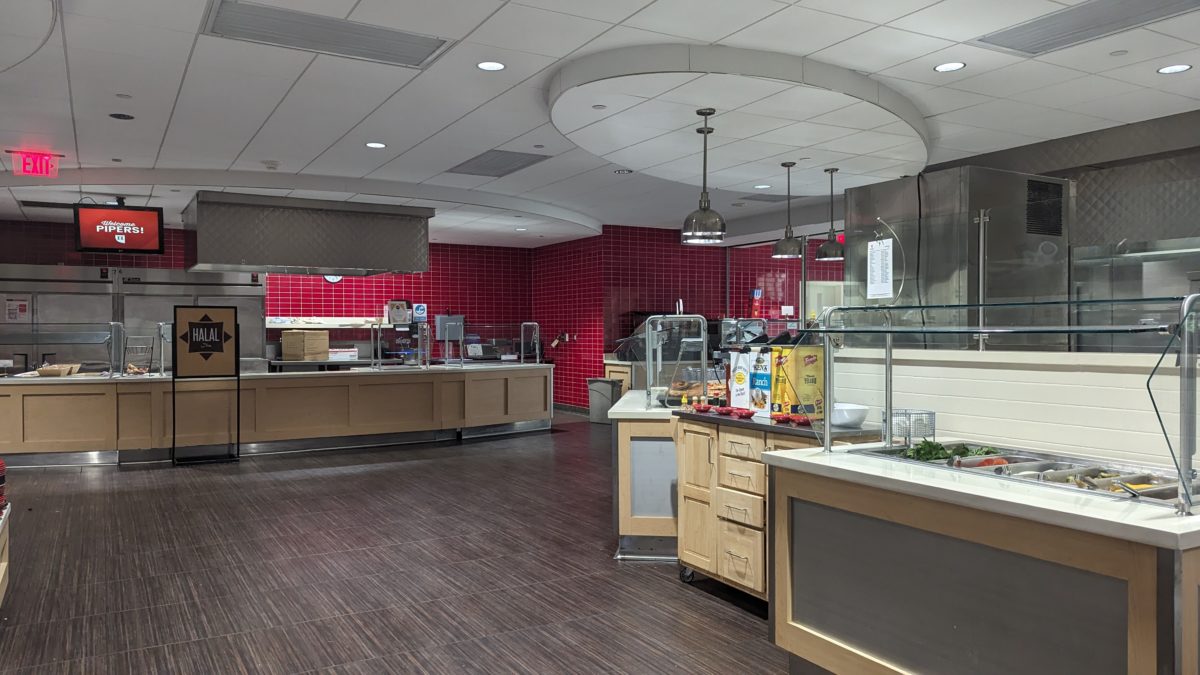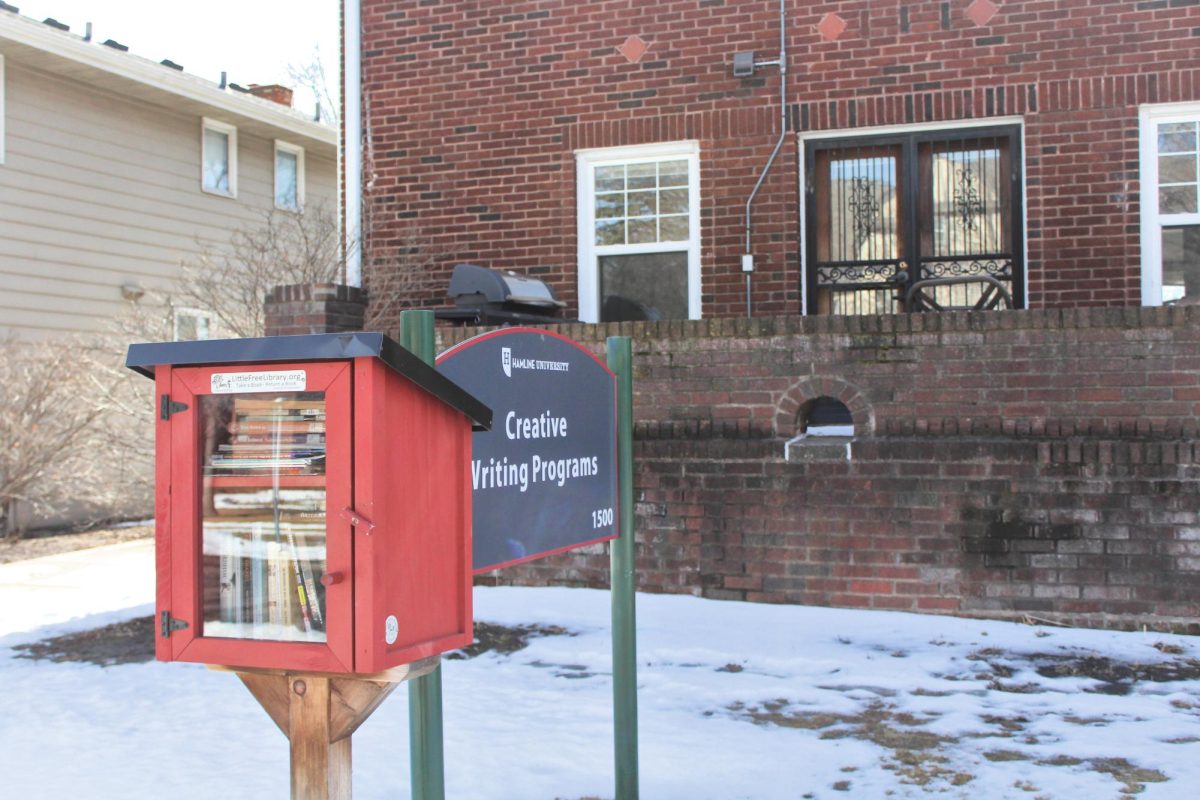After continued student dissatisfaction with dining services provider, Aramark, Hamline University Student Council (HUSC) will be introducing a resolution that imagines a more ethical future for Pipers’ dining services.
In July of 2024, Hamline’s contract with Aramark is coming to an end. On Sept. 19, HUSC intends to present a resolution urging the university to look at other options for dining services and to include students in the selection process.
HUSC’s Board of Elected Representatives chair, Shelby Conrad was made aware of Aramark’s deficiencies in meeting students’ needs when she served as the Food and Basic Needs representative for HUSC last year.
“There is [little] awareness for food sensitivities,” Conrad said, “I am gluten free and it was easier to figure out what foods are gluten free…but for someone with a soy intolerance or more hidden food sensitivities they had a harder time figuring out what to eat.” External President of HUSC Travis Matthews explained that for students met with these challenges, getting help can be a laborious process. Students with severe sensitivities can get accommodations to be in Hamline apartments, but only after receiving accommodations through Disability Services, which requires meeting with a doctor.
“There’s so much that could be fixed if we had a really good contractor that was accessible…and effectively address[ed] everybody’s needs,” Matthews said.
HUSC’s upcoming resolution also cites ethical reasons for looking to grow away from Aramark. Aramark contracts with over 500 United States prisons for dining services, making the company a benefactor of the Prison Industrial Complex.
“We are a social justice institution and we are contracting with a company that gets [approximately] 20–30 percent of its revenue from the Prison Industrial Complex,” Matthews said. “I want everyone to have a better alternative to eat [from] an ethical company.”
For writer and activist Zeke Caligiuri, profiteering off prisons is not where the ethical infringements end for companies like Aramark. During Caligiuri’s time incarcerated at the Minnesota Correctional Facility in Stillwater, Aramark was one of the dining service providers.
“[Food] is an important element of the way we see our own humanity,” Caligiuri said. “Part of the humanization of [incarcerated] folks is being able to feed them. You’re sometimes being presented food that is subhuman, and usually substandard, and that’s tough on a human being.”
To create an opportunity for a new dining service provider at Hamline, the university would submit a request for proposals (RFP) to receive contract proposals from alternate companies.
If Hamline does put out a request for proposals, Dean of Students Patti KleinKersten says that money won’t be the only considerable factor.
“Cost has to be a part of that conversation, but I don’t think cost should be the determining factor by any means,” Klein-Kersten said, “doing an RFP does provide us that ability to compare, it [allows] the ability for us to choose, and I think that’s what the community wants right now.”
HUSC resolution envisages a new future for Hamline dining
Sabine Benda, News Editor
September 12, 2023
Categories:
The Bishop’s Bistro is one of the most popular sit-down dining options for folks living
on campus. The food prepared and the chefs who prepare it in the Bistro are paid for
by Aramark.
Story continues below advertisement
0
More to Discover


















